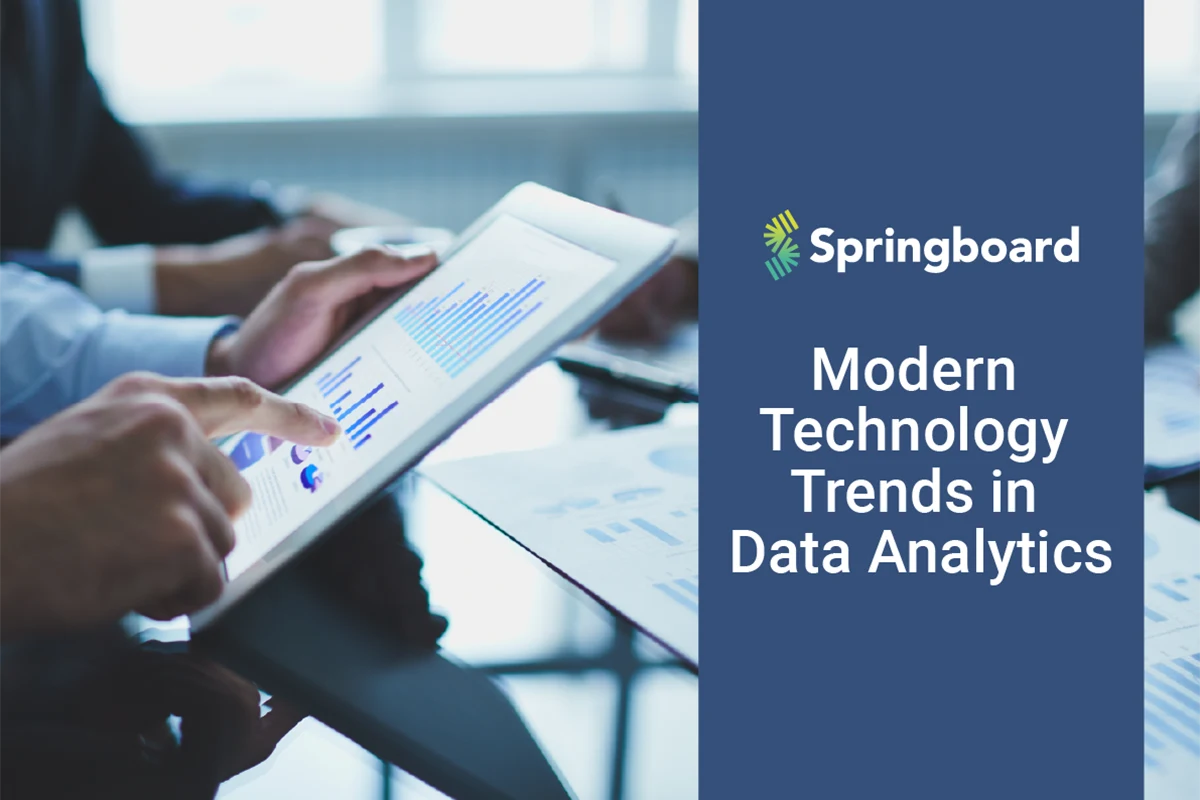Free Data Analytics Course
Jumpstart your journey with 25 essential learning units in data analytics. No cost, just knowledge.
Every successful business relies on a budget to help reach its goals and meet its financial needs. And those budgets need to be developed by individuals well-versed in the budgeting process.
For most businesses, these individuals are known as budget analysts. If you’re curious about how to become a budget analyst, follow the steps in this guide.
There are many routes to becoming a budget analyst, but all require mastering certain skills and technical knowledge. Here is a comprehensive guide with 6 steps to help you become a budget analyst—including key skills, job roles, and responsibilities.
How To Become a Budget Analyst in 6 Simple Steps
-
Make sure you have the right skills
-
Consider your ideal job
-
Get the necessary education
-
Obtain licenses and certifications
-
Gain relevant experience
-
Apply for work and further your career
Becoming a budget analyst requires the following six steps:
1. Make sure you have the right skills
Being a budget analyst means that you work with an organization to improve its finances, helping it reach its financial goals. You will monitor spending, prepare budget reports, and provide recommendations on how to disperse funds. To complete these required tasks, there are several skills a budget analyst should have.
Analytical skills
A large part of a budget analyst’s role is to identify strengths and weaknesses in an organization’s budget and recommend solutions accordingly. It requires careful analysis of each budget item and a high degree of accuracy. Being able to approach this analytically is the key to success.
Effective communication
Budget analysts should be able to communicate effectively both in writing and orally. This career requires developing written budget proposals, reports, and suggestions on funding requests. It also typically requires answering questions from top executives about financial reports and working closely with project managers. Therefore, good communication skills are imperative.
Mathematical capabilities
Budget analysis usually falls under the subcategory data analytics if you think in a broad context. Budget analysts deal with financial calculations regularly, so you should be able to accurately complete these calculations. You don’t have to be a genius with numbers, but good math skills go a long way.
It is also helpful to be detail-oriented and technologically inclined for the best chances of success.
2. Consider your ideal job
The work of budget analysts is used in private businesses, public companies, and federal government agencies. So, the field is wide open. Some common job titles for budget analysts and related fields include:
- Financial analyst
- Portfolio manager
- Trust officer
- Credit products officer
- Real estate analyst
- Purchasing agents
- Government budget analysts
3. Get the necessary education
Formal education is almost always required. Most employers require that candidates have a minimum of a bachelor’s degree in a relevant area. These typically include one of the following:
- Accounting
- Finance
- Economics
- Business
- Statistics
Some also accept a bachelor’s degree in political science, sociology, and public administration, though this will depend on the employer. A degree in data analytics might also be considered, especially if you have finance-related work experience. Other employers require a higher level of education, such as a master’s degree in accounting or finance. However, you can break into the field with a bachelor’s degree and later obtain your master’s.
Get To Know Other Data Analytics Students
Reagan Tatsch
Data Operations Manager at ISS
Gilles Ngomeni
Sales Analyst at Medline Industries
Jo Liu
App Quality Analyst at Snap Inc.
4. Obtain licenses and certifications
Different types of employers may also require that you carry specific licenses or certifications. For example, if you want to work in a government position, you’ll need the Certified Government Financial Manager credential or CGFM.
The CGFM is offered by the AGA, or Association of Government Accountants. After receiving your CGFM, you’ll need to take at least 80 hours of continuing education every two years to keep your certification.
Not every employer requires licensing or certification, in some cases any prior experience as a data analyst may draw the attention of the employer. so you’ll need to research your desired job requirements. However, it does expand your opportunities in the field, so it’s worth considering even if it’s not mandatory.
5. Gain relevant experience
For many employers, education is essential but not enough. They also require that you have up to two years of professional-level experience in a relevant field. This is a common struggle among job candidates — how can you gain experience until you’re hired?
Fortunately, there are some options available. You could work as an intern or in a work-study program. Often, your college can assist you with finding an internship or relevant program. Also, consider seeing if your desired employer offers an internship program.
Another way to gain experience is by working in a related field that does not necessarily require a degree. These can be jobs such as bookkeeping or tax preparation.
Keep in mind that not every employer will require experience. Some will open up entry-level positions as long as you have a degree. You will need to research the company you hope to work for to learn its specific requirements.
6. Apply for work and further your career
After obtaining your degree, any necessary licensing and certification, and gaining experience, it’s time to enter the field. Apply for your desired job and several others for the best chance of success.
If you wish to gain access to more opportunities, consider returning to school for a graduate degree. Give yourself a little breather before diving right back into school, though. You’ll just be starting a brand new career and may need some time to adapt before taking on another large endeavor.
How Long Does It Take To Become a Budget Analyst?

In short, it can take anywhere from four to six years, depending on specific factors. The length of time it takes you to become a budget analyst depends specifically on the path you take.
A bachelor’s degree in finance or accounting usually requires around 120 credit hours of study, which normally takes four years to finish. However, you might be able to take an accelerated program to obtain your degree sooner.
If you can line things up, you can potentially enter the field soon after graduation. This would require that you gain finance-related work experience during your degree program.
For example, you could work as a tax preparation specialist while also working toward your degree. If it’s not possible to do this during school, you’ll likely need to add on two extra years after you graduate.
If you need a license or certification for your required job, you’ll have to add that time. The CGFM, for example, requires a series of exams. After applying, you have up to 18 months to complete them. When you take them will depend on how long it takes you to study and prepare for each.
Budget Analyst Salary
The U.S. Bureau of Labor Statistics (BLS) reports the annual salaries of budget analysts to be $78,970, or approximately $37.97 per hour. Entry-level positions start at about $49,679. The median annual salary of the top 20% of budget analysts is about $115,351 per year.
Since you’re here…
Switching to a career in data analytics is possible, no matter your background. We’ve helped over 10,000 students make it happen. Check out our free data analytics curriculum to gauge your interest, or go all-in with our Data Analytics Bootcamp.






